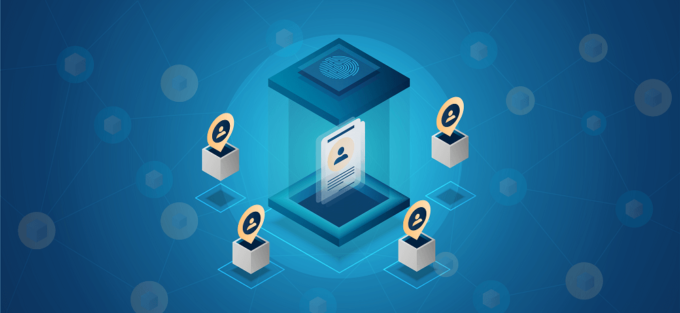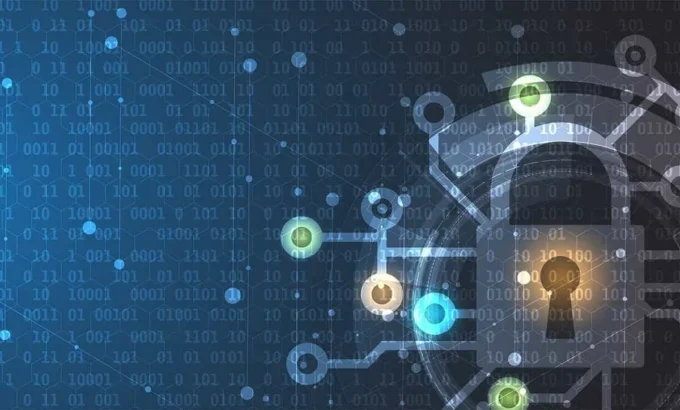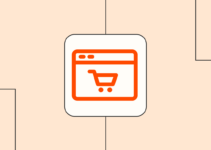What are blockchain technologies? As of early 2018, the best-known use for blockchain is as a base for cryptocurrency transactions. The word “blockchain” has become so closely associated with cryptocurrency that many people mistakenly think they are the same thing. However, while they are both built upon a similar framework, they function quite differently.
The main difference between cryptocurrency and Blockchain technology is their purpose. Cryptocurrencies were intended to serve as an alternative to fiat currency, allowing people to purchase cryptocurrency and exchange goods and services freely across borders without having to deal with banks or governments. Check out okx.com for buying crypto and
Bitcoin was the first implementation of this idea, but it soon inspired other developers to take on this concept as well, resulting in hundreds of different cryptocurrencies (including Litecoin, Ethereum, Ripple, and Monero). Each one has its unique characteristics, such as some degree of anonymity for users or a different system for calculating rewards for miners who maintain the network. You can even buy them directly from exchanges.
While cryptocurrencies still have practical uses today assuming you can buy cryptocurrency from somewhere. Blockchain technology has been adopted by several industries using its underlying architecture to provide important functions that don’t necessarily have anything to do with exchanging money between parties. In this article we’ll explore some of the ways that Blockchain tech can improve our lives far beyond financial transactions:
1. Digital Identity

Source: decbc.com
In recent years, a variety of startups have attempted to leverage blockchain technology and its inherent security to create highly secure digital identities. The concept of a digital identity is important because it allows you to securely prove who you are online.
Digital identities can be used for everything from logging into your computer or phone to proving your age for age-restricted content or products. Verifying someone’s identity on Web 2.0 is still very inaccurate. Deployed correctly, blockchain technology could change that.
2. Data Privacy

Source: analyticsinsight.net
One of blockchain tech’s abilities is to protect your data from cyberattacks with encryption and decentralization. Anyone who uses social media or banks online or even just emails knows how vulnerable our data can be to hacking and identity theft.
This is why it’s important to learn about how blockchain technology can protect your sensitive information from malicious attacks by hackers—especially now that credit card numbers are being phished and people are being scammed on social media platforms like Facebook and Instagram.
3. Smart Contracts

Source: euromoney.com
Blockchain tech also makes up smart contracts. These contracts allow you to create a Smart Contract business model around your firm through Blockchain Technology.
The main idea of a Blockchain Tech smart contract is that if two parties agree on something, they could code blockchain software to automatically execute a transaction.
This transaction could be anything from converting cryptocurrency to fiat or transferring money through Bitcoin, but then both parties would have an attested record of what they agreed upon saving them both time and money.
4. Supply Chain Management and Traceability

Source: vrioeurope.com
Businesses are increasingly turning to blockchain technology to streamline their shipping and supply chain management processes. One of the main selling points of blockchain tech is how it can generate complete transparency among all parties involved in a transaction.
When two entities conduct business with each other on a blockchain network, they don’t need any intermediaries like banks or governments because the rules governing their interactions are stored on a decentralized network and everyone agrees on them; this makes the process much more efficient and cost-effective for both traders and consumers.
Any time you want to see proof that a product comes from legitimate sources, look for products that use blockchain technology as part of their compliance process. If you want to know if your coffee beans were grown organically in Costa Rica by farmers who get fair wages, then look out for companies who use QR codes to track their products based on geographical location so they can prove they source only from ethical suppliers.
Supply chain management is one of the most relevant applications for tracking assets at every step along their journey from origin to destination; this kind of tracking helps ensure that goods arrive in good condition and allows consumers to learn the details of origin and manufacture, ultimately building brand trust.
5. Healthcare

Source: alcimed.com
There are many possible applications for blockchain technology, but health care seems like the least obvious. By using the blockchain to securely record patient data and share it across multiple institutes, patients will be able to prove their identity more easily and doctors will be able to access a significantly larger range of medical records.
This will also reduce errors between doctors, nurses, and other officials in a variety of ways: by reducing transcription errors, providing a single source of information that gives everyone involved confidence in its accuracy, and allowing for faster transmission of vital information.
The security benefits of medical records can also be leveraged to help improve administrative costs—by making it easier to store and access records electronically, there’s no need to pay hefty fees for paper copies. This will lead to cost savings across the board (and potentially higher profit margins) because it decreases the need for extensive manual data entry and processing that results in human error.
Finally, by encouraging better communication between hospitals and clinics over electronic data shared with third parties through smart contracts on the blockchain instead of relying on external middlemen (such as insurance companies), hospital administration costs will be reduced further still.
Conclusion
Blockchain technology can be used for a variety of real-world applications beyond cryptocurrency. Blockchain technology has become famous for its potential in the financial world, where it is utilized to create a digital currency. But this doesn’t mean that blockchain technology is only about buying cryptocurrency with a credit card and hoping for a profit. By learning about blockchain technology’s wider applications, we can apply it to navigate and streamline several aspects of our lives.






